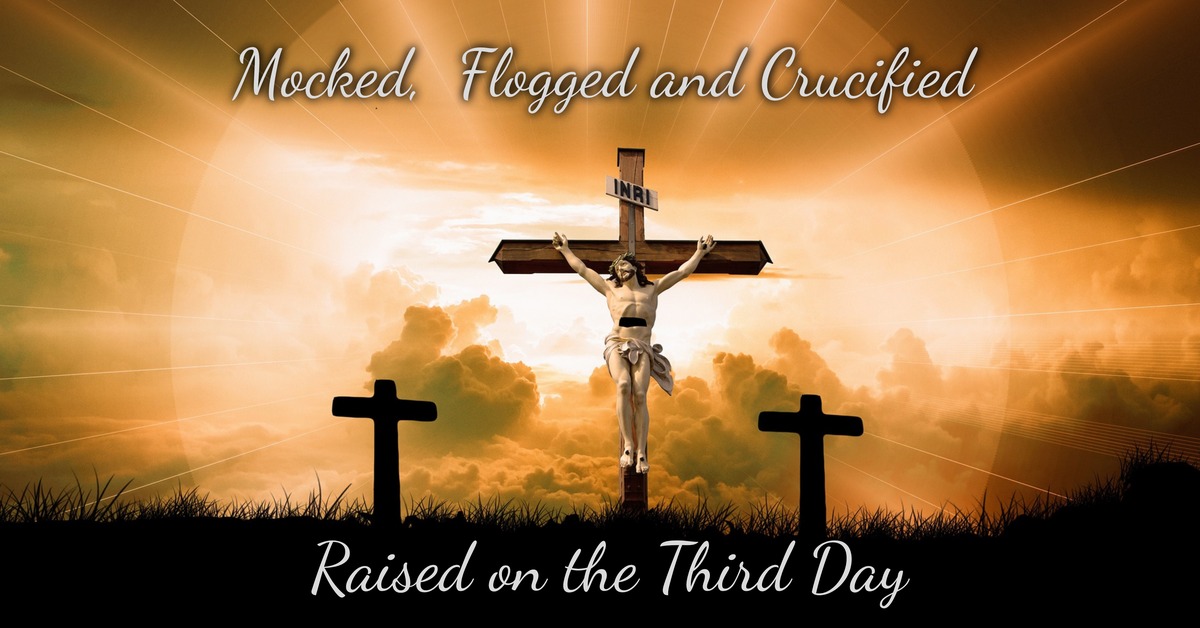And as Jesus was going up to Jerusalem, he took the twelve disciples aside, and on the way he said to them, “See, we are going up to Jerusalem. And the Son of Man will be delivered over to the chief priests and scribes, and they will condemn him to death and deliver him over to the Gentiles to be mocked and flogged and crucified, and he will be raised on the third day.”
Understanding And Applying the Text
This is the third time Jesus’ told the disciples of His passion and resurrection. Even so, they did not understand. Jesus’ death is at hand. Time is running out. Jesus is in a state of readiness. But His disciples are not. The disciples are in disbelief. The Messiah wasn’t supposed to die. The Messiah was to usher in a new age.
Jesus took the twelve aside. Why only the twelve? Why not the entire group of disciples? The twelve have disbelieved Jesus before when He told them. It is probable they did not understand this time either. So why tell them again? And why only the twelve? The scriptures do not tell us. But we can make an educated guess. The twelve were to be His witnesses. They were to be His apostles. They did not understand at the moment of the telling. Christ taught many things to His disciples they did not understand at the time. They would remember this teaching and understand it after the resurrection.
But why not tell everyone? Why not make it public? The rest of the disciples could have used reassurance. If Jesus had admitted this in an open forum it is possible many might have fled. They would report and the death of Christ would have lost its glory. It would appear He brought it on Himself.
Christ understood what awaited Him in Jerusalem. This is evidence of His divinity. If He were a mere man He could not have foreseen it. He knew the details. And He shares them with the twelve. The chief priests and scribes would condemn Him. These were experts. They knew the law. How often do we rely on the judgment of experts to form our opinions? They are the experts they should understand. They couldn’t all be wrong. But they were.
They would deliver Jesus to the Gentiles. Jesus was spat on, mocked in various ways, scourged, and dragged to the punishment of the cross.
Crucifixion was the cruelest form of punishment. Rome excluded Roman citizens from it. Rome reserved it for the worst crimes, treason, and evasion of due process in a capital case. The Roman historian Cicero called it “a cruel and disgusting penalty.” Josephus called it the worst of deaths.
Even though Jesus was aware of the weakness of his disciples, he did not hide these details from them.

Leave a Reply